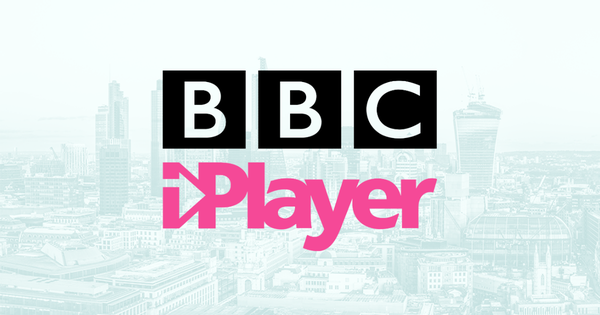Farewell to the iPlayer Converter

Do you remember 2007? It's the year Microsoft launched Windows Vista, Apple released the first iPhone, and the movie landscape was shaken to its core with the release of the Simpsons Movie.
It's also the year that the BBC quietly released the first version of the iPlayer. Although the first version wasn't a huge hit, as it suffered with technical issues and an over-reliance on clunky Digital Rights Management, swift improvements in early 2008 led to it's rapid domination of the UK media market: by mid 2008 the iPlayer was responsible for over 5% of all UK internet traffic.
However from the outset there were people who weren't able to take advantage of the excellent official iPlayer application, given it's initial reliance on Adobe Flash technology for the actual iPlayer software, which was not supported by many early mobile devices. I was one of those affected, as my beloved Nokia N95 supported the underlying RealAudio audio data that iPlayer used, but didn't support the Flash interface necessary to access the data through the official BBC iPlayer application.
At the same time the BBC was going through a bit of an open source renaissance. Spearheaded by a small group within the Corporation, the backstage project was launched, with the aim to encourage individual developers to encourage innovation and creativity in the UK by making it easy to use BBC content. Most significantly as part of Backstage the BBC explicitly made available radio schedule data in an open XML data format under a permissive license allowing its use on broadly non-commercial terms (unusually advertising or other forms of revenue to cover running costs were specifically permitted, the only thing that was explicitly forbidden was selling BBC data for profit).
And so, armed with lots of coffee and my trusty copy of Notepad, I set about creating the iplayerconverter website, with the aim to mash together the schedule XML data provided by the BBC and produce direct links which people could use to directly access iPlayer audio data, and thus avoid the dependence on Adobe Flash. Within days of launch it was clear that there was a demand for such a service, as hundreds of individual users started using the site on a daily basis to access the audio links and browse radio schedules through a clean, simple and mobile-friendly interface.
In 2009 the BBC added an additional audio option using Windows Media Audio, which was rapidly integrated into the iplayerconverter site. In 2010 sadly the Backstage project came to an end, but existing projects which had been licensed under backstage, such as the iPlayer Converter, were permitted to keep operating. Also in 2010 the BBC retired the old RealAudio audio streams, leaving Windows Media Audio as the only option until 2015 when, in a controversial move, that too was retired and replaced with AAC audio feeds.
Sadly all good things must come to an end. In 2017 the BBC decommissioned the legacy systems that had been running since 2007 generating XML feed data, meaning schedule browsing was no longer possible. In 2018 the 'audio on demand' system was also shut down for national radio, and local radio swiftly followed, as part of the launch of the new BBC Sounds application. Moreover, the technology the iplayerconverter website had been built on was also starting to show it's age and thus, in early 2021, it was time to call it a day.
If you're one of the over half a million UK radio listeners who have used the site over the years, and particularly one of those who have contacted me over the years, then I just want to say thank you. It's been a pleasure to bring a little joy into people's lives and hear the ways people have used the site, and I hope you've found using the site as enriching as I've found keeping it all up and running over the years. Thank you!